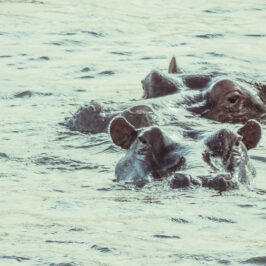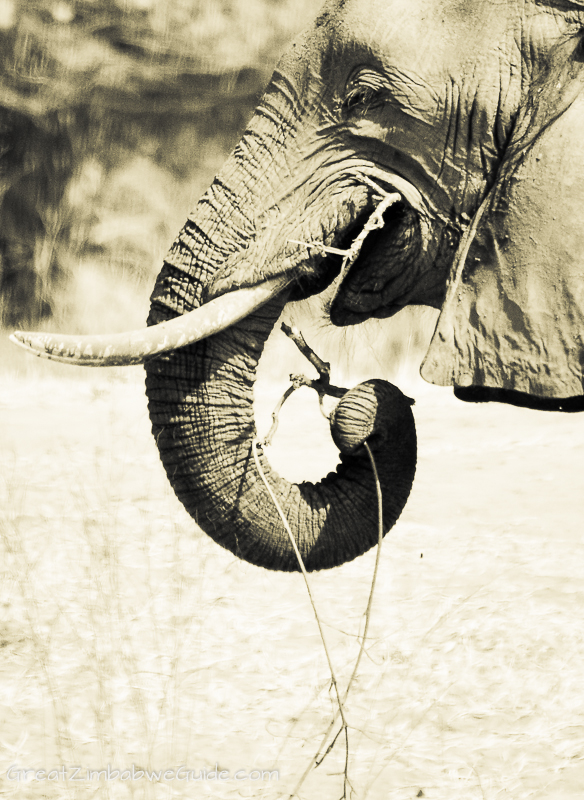There are few words to express how I feel about the passing of a man who has changed the course of history. Nelson Mandela was a man of stirring words, but his actions were far more powerful. He was no saint: he was merely someone who worked to put peace and equality before his own pride or vengeance.
The song Beautiful Life, written by Andrew Baird as a tribute to Mandela, is a fitting song for this weekend – and for this blog, because it is performed by Zimbabwean singer Taps Mugadza. Although the song can feel a little too saccharine for me at times, its strength is that it gives me an opportunity to spend a few minutes reflecting my own response to Madiba’s death.
When I heard that Mandela had died, my first reaction was to mourn the passing of an era – for Africa and for the world. Mandela’s life marked a time when the wrongs of a country’s past were addressed without bitterness or selfishness. He became the leader of a country that would embrace peoples of 11 different languages. His leadership was characterized by a purposeful fight against notions of segregation, xenocentrism or single-ethnicity superiority – even though he had 75 years’ worth of reasons to use those principles against his oppressors.
For the past few years, it feels like the world had forgotten Mandela’s sacrifices, but his passing has brought these to the forefront of our minds again. For that, I am grateful. Once the hype dies down, three things can happen: his works can be forgotten once again and left to rot in the history books; they can be cheapened and idealized but never emulated; or they can be a constant challenge for citizens and policy-makers alike. There will never be another Mandela, but I hope there will be more leaders who try to follow his example. Only a handful of Africa’s leaders have given public statements on his death, which has been disheartening. His distinctive humility will be remembered and treasured for longer than any leader who clings to power through other means.
I’ve spent many happy childhood holidays in South Africa, was educated at the University of Cape Town and had the honour of being capped by Mandela’s wife, Graca Machel, at my graduation. We all feel Madiba’s passing in different ways depending on our experiences, and that although the era of his life is over, I hope his legacy will continue for generations, especially in the realm of nation-building.
More sources on my reflections on the Mandela era (some with thanks to friends’ posts on Facebook):
- Mandela’s Christian beliefs were preached more through his actions than any bible-bashing could. His fight for equality was based on biblical teachings more than Communist or generalist ideologies. His faith helped him live out the words of the Old Testament and used by Jesus: “You shall not take vengeance, nor bear any grudge against the sons of your people, but you shall love your neighbor as yourself; I am the Lord”. One example of Mandela’s commitment to this was that he invited Percy Yutar to be at his inauguration: the very prosecutor who had requested he be given the death sentence decades before. This article from Denison Forum discusses Mandela’s faith in more detail.
- Extracts from another role model, former chairman of South Africa’s Truth and Reconciliation Commission, Archbishop Emeritus Desmond’s Tutu’s speech on Mandela’s passing:
Some have said Mandela’s 27 years in jail were a waste, suggesting that if had he been released earlier he would have had more time to weave his charm of forgiveness and reconciliation. I beg to differ.
He went to jail an angry young man, incensed by the miscarriage of justice in the travesty of the Rivonia Trial. He was no peace maker. After all, he had been MK commander and intended to overthrow apartheid by force.
The 27 years were absolutely crucial in his spiritual development. The suffering was the crucible that removed considerable dross, giving him empathy for his opponents. It helped to ennoble him, imbuing him with magnanimity difficult to gain in other ways. It gave him an authority and credibility that otherwise would have been difficult to attain. No one could challenge his credentials. He had proved his commitment and selflessness through what he had undergone. He had the authority and attractiveness that accompany vicarious suffering on behalf of others – as with Mahatma Gandhi, Mother Teresa and the Dalai Lama.
… Madiba lived what he preached. Had he not invited his former white jailer as a VIP guest to his presidential inauguration? Did he not have lunch with Percy Yutar, the prosecutor at the Rivonia trial? Had he not flown toOrania, the last Afrikaner outpost, to have tea with Betsy Verwoerd, the widow of the high priest of apartheid ideology?
He was amazing. Who will forget his support for the retention of the Springbok emblem for rugby, although it was much hated by blacks? And that breath-taking gesture when he walked on to the turf at Ellis Park wearing a Springbok jersey to present Francois Pienaar the trophy for beating the All Blacks in the final of the 1995 Rugby World Cup, with the huge crowd of mainly Afrikaner spectators chanting “Nelson, Nelson …” And who could have believed that we would live to see the day when blacks in Soweto would be celebrating a Springbok victory, as they did in 1995?
Madiba was an amazing gift to us and to the world. He believed fervently that a leader is there for the led, not for self-aggrandisement.
- Johnny Clegg’s song Asimbonanga written for Nelson Mandela in 1986 during South Africa’s state of emergency.
- Richard Pithouse writes:
But if an awareness of the historical weight of this moment is not to become an ideology serving to legitimate on-going injustice we need to be very clear that we did not undo many of the injustices that honed Mandela’s anger in the 1950s, and which are elegantly laid out in the recently republished No Easy Walk To Freedom. The old Bantustans remain separate spaces, the mining industry continues to exploit, education remains unequal, land has not been restored to the people and millions remain in shacks. We are very far from the “revolutionary democracy… in which poverty, want and insecurity shall be no more” that Mandela looked forward to in his 1964 speech from the dock. Nonetheless the passage from apartheid to democracy has made us citizens of one polity and given us the freedom to set our own course. It is up to us to seize this moment.
… Those who say that we should have chosen war over negotiation tend to take no account of the balance of forces at the time, locally and globally, nor the depth of the bitterness of war or how its corrosion eats into its victors. War is certainly no guarantee of anything – none of the anti-colonial wars fought in Africa led to democratic and just societies.
… Mandela was a revolutionary who was prepared to fight and to risk prison or death for his ideals – rational and humane ideals. In this age where empty posturing on Facebook or reciting banal clichés at NGO workshops is counted as militancy, where rhetoric often floats free of any serious attempts to organise or risk real confrontation, where the human is seldom the measure of the political, we would do well to recall Mandela as a man who brought principle and action together with resolute commitment.
Mandela was also a man whose ethical choices transcended rather than mirrored those of his oppressors. Amidst the on-going debasement of our political discourse into ever more crude posturing we would do well to remember that no radicalism can be counted as adequate to its situation if it allows that situation to constrain its vision and distort its conception of the ethical.
Nelson Mandela has passed from this world but the Idea of Nelson Mandela remains with us. It’s our world now and there are many rivers to cross.
- South Africa’s (and Zimbabwe’s) former national anthem God Bless Africa/Nkosi Sikelel iAfrica, performed by Ladysmith Black Mambazo.
- The Springbok rugby team’s tribute to Mandela.
- Listening to SA radio station 5fm’s coverage on the day of his passing was very special – every single song that they played was relevant to his farewell. I listened to it live from my office in England, and it meant so much have that African connection. Here’s their video on remembering Madiba.
- Closer to home, Zimbabweans have mixed responses to Mandela, some of which are discussed in this SW Radio Africa article.
- Who would have thought that a man who was seen as little more than a dog in the eyes of 1960s South African white supremacists could have become one of the world’s leading statesmen? These articles investigate his impact on society in America and the world.
- Brenda Fassie’s song Black President.
See Nelson Mandela’s autobiography Long Walk to Freedom on Amazon.
See the 2013 music soundtrack to the film Mandela: Long Walk to Freedom on Amazon.
See the DVD of Invictus on Amazon









Leave a Reply